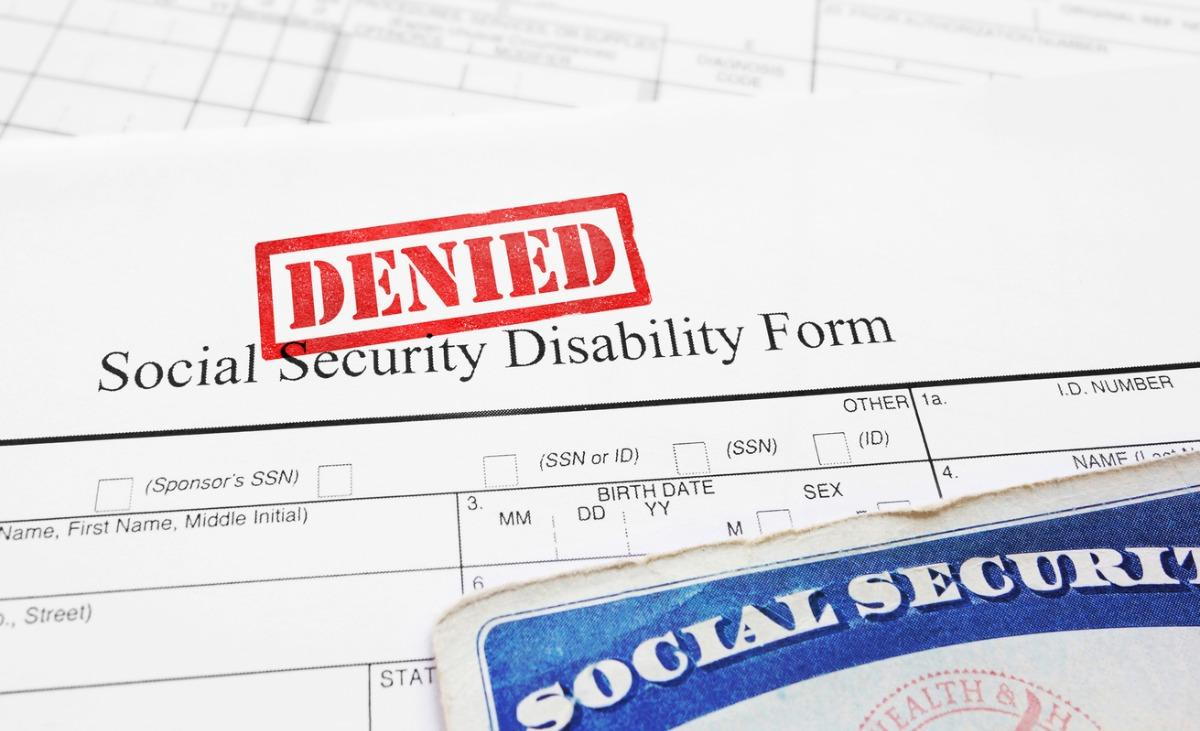
- posted: Dec. 30, 2019
- Social Security Disability
A long-term disability due to an accident or illness could put you and your loved ones in serious financial straits. If you’re unable to work or have had to take a part-time job because of an injury or illness, you may be eligible for disability benefits from the Social Security Administration (SSA). However, these claims undergo a high rate of denial, and even benefits that are initially approved may later be reduced or terminated. The process of filing a Social Security Disability Insurance claim is straightforward, but any mistakes and omissions in the information you provide can set the claim on a path to denial. According to the SSA’s 2017 Annual Statistical Report, out of 2,027,812 claims for SSDI benefits adjudicated the previous year, 43 percent were denied for technical reasons, such as failing to provide sufficient medical evidence. In the same year, only 28.5 percent of applicants were awarded benefits, the remainder being rejected on medical or nonmedical grounds. The most common nonmedical reason for denial is that the applicant has an insufficient amount of recent work credits, the measurements of total yearly income that determine eligibility for benefits. In such cases, you may still be eligible for Supplemental Security Income (SSI). Applicants may also be denied benefits if they:
- have an impairment that is not anticipated to last 12 months
- have an impairment that isn’t deemed severe
- are able to perform their usual work duties
- are able to perform another kind of work
- have an impairment stemming from alcoholism or a drug addiction
- fail to cooperate or adhere to prescribed treatment
- return to work before the disability is proven
In certain instances, you can work and still secure SSDI benefits under what is known as the substantial gain activity (SGA) limit. As of 2019, the monthly SGA limit is $2,040 for blind persons and $1,220 for the non-blind. In addition, the SSA allows for trial work periods, up to a total of nine months, during which a beneficiary may work and still receive SSDI benefits. If your claim is denied or you are awarded benefits you consider inadequate, you have a right of appeal. But an SSDI and/or SSI appeal can be highly complex and having a practiced social security attorney in your corner could significantly improve your chances of success. As soon as you find out through a medical diagnosis that you will no longer be able to work to the same extent as before your accident or illness, it is critical to contact a qualified lawyer to assist with your claim. Disability benefits payments will not begin until you have been out of work for at least five months, so it is important to get the claims process started as soon as possible. The Social Security Disability lawyers at Massengill, Caldwell & Coughlin, P.C. put their more than 75 years of combined experience to work for your case. From filing your claim to correcting deficiencies in your paperwork to pursuing appeals, we will stand with you every step of the way. Call our Bristol office at [ln::phone] or contact us online to schedule your free initial consultation.


